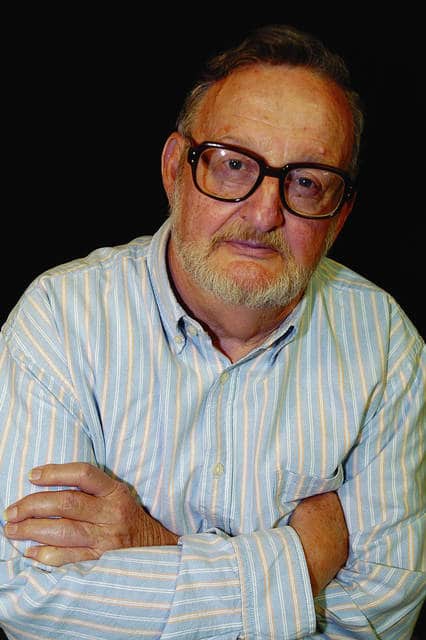
It seems to me that now the frantic screams of rage over the recent incident in Virginia have waned a little this may be the time to take a slightly different look at the situation. Some basic facts are fairly clear.
The city of Charlottesville decided to get rid of a statue sitting in a city park. A group protesting this action filed for and received permission for a rally against this move. The city then revoked the permit and the protestor’s case, supported by the ACLU, went to federal court where the city was overruled and the permit was reinstated. An anti-protest group also showed up on the day of the rally resulting in a violent confrontation and the deaths of three people.
What I find interesting is the statue in the center of this tumult. The news media generally described the statue as of a “Confederate soldier”, but in reality it’s of Robert E. Lee and the park in question until very recently was known as the Robert E. Lee park until its name was changed. So why is this of interest? It’s because Robert E. Lee was not just any Confederate soldier, but was one of the most respected and honored men in this country before, during, and after the Civil War – an opinion held by both North and the South despite the fact that Lee had fought for the Confederacy against the Union forces.
Noted historian Douglas Southall Freeman’s Pulitzer Prize winning four volume work “R. E. Lee A biography” reads like a novel in recounting Lee’s remarkable life. Freeman provides documented intimate details such as how Lee was nearly killed by an overzealous sentry during the Santa Cruz expedition of the War with Mexico – the bullet missed being fatal by a scant inch or so. Lee served honorably in the army of the United States for years rising to the rank of “Colonel of the 1st Regiment of Cavalry” – a position he held in April 1861 when his beloved state of Virginia seceded from the Union.
Lee was not in favor of secession, but faced with the reality of the situation, he wrote to his sister on April 20, 1861, “With all my devotion to the Union and the feeling of loyalty and duty of an American citizen, I have not been able to make up my mind to raise my hand against my relatives, my children, my home. I have therefore resigned my commission in the Army, and, save in defense of my native state, and with the sincere hope my poor services may never be needed, I hope I may never be called on to draw my sword.” [Freeman, op cit, Vol 1, p. 443] How prophetic – because he, as Commander of the famed Army of Northern Virginia, was engaged in some of the most bloody and fearsome battles of that war. His surrender at Appomattox in April 1865 effectively ended hostilities.
After the war, Lee reportedly turned down a number of financial offers that would have traded on his name but instead accepted the post of president of Washington College – primarily because he believed it was where he could help effect rebuilding and reconciliation of the nation. He devoted his personal efforts and finances to restore both the physical buildings damaged during the war and rebuilding the academic structure to include journalism, engineering, business, and law in the curriculum. He is credited with introducing an honor system and recruiting students from both the North and South. The school was renamed Washington and Lee College following his death in 1870.
Lee’s popularity spread as towns, counties, and schools were named after him – and even extended to the popular “Dukes of Hazard” TV sitcom where the “Duke boys” car was called “The General Lee”. So why is Robert E. Lee now being vilified with his name being purged and his statue(s) being gotten rid of?
The answer apparently lies with the frenzy sweeping the country where mobs are toppling statues, defacing monuments, inciting violence, and, in general attempting to eradicate any traces of the Confederacy from our nation’s history. I wonder what may happen when these folks realize that the Arlington National Cemetery was established on the grounds of, and named for, Arlington House which had been the estate of the family of Robert E. Lee’s wife Mary Anna (Custis) Lee. Furthermore, Confederate soldiers buried at various locations within Arlington now rest in a Congressionally-designated “Confederate” section.
Kinda makes a body wonder if another name change is in the offing and backhoes might make their appearance in the “Confederate Section” of Arlington Cemetery. At least that’s how it seems to me.


